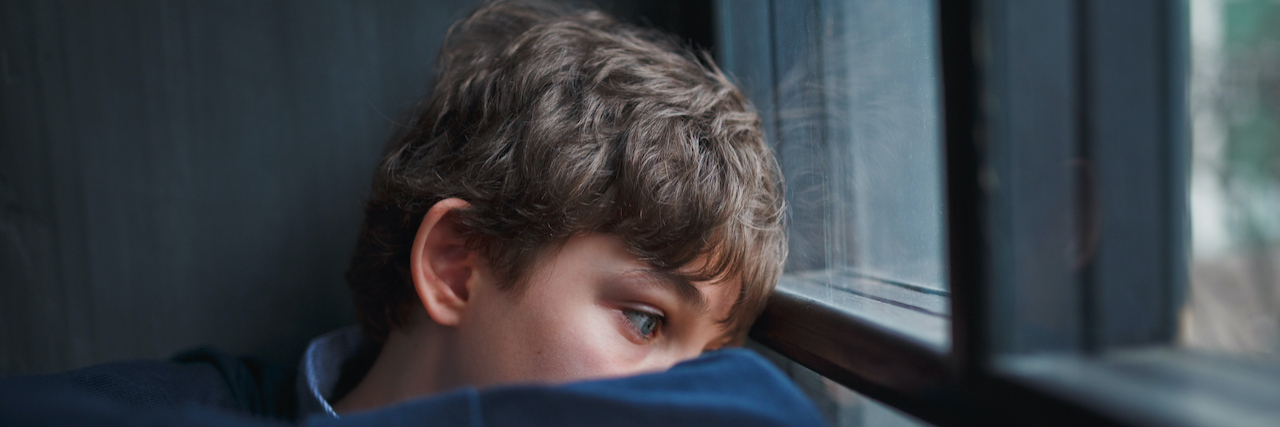Before a tornado the wind is calm and the air is still. The aura is peaceful and ominous at the same time. We brace ourselves for the storm, and wait for the quiet to come back so we can assess the damage. Best case scenario, there is a mess. Worst case scenario, the roof is across the street.
My roof is across the street.
The pandemic has left us forever changed, and among the weary are our teenagers. Abruptly stopped in their tracks at the finish line of childhood and forced to live a negotiated existence. Relationships still under construction. Experiences and time stolen, never to be returned. I provide a shoulder to cry on and I ask my children to share my belief that things will be OK again one day. While I offer them this comfort, I quietly plot the route back back from the unfamiliar world we now inhabit.
How do we care for children who find themselves a year into isolation, unknowingly mourning the loss of their own social emotional development? What of the kids who need social interaction like they need air? What of the extroverts who have been quietly dying inside…while inside.
In settings when some of us aren’t as bold or brave as we would like, we rely on the extroverts to lead the way. These outgoing social creatures break the ice, set a mood and appear to effortlessly shine despite the weight of such responsibilities. For extroverts who are motivated by interaction and connection, this year has been deeply damaging. These people are not OK. I am not OK. My children are not OK.
Many of the life experiences and mistake making, that come with being a teenager, have been lost forever. Our children will not get a do-over, they will move forward and at the same time be stuck right where they were before lockdown. For the extroverts the loss of these shared experiences is now a mountain to scale, a vast crater to climb out of. A year without connection and social interaction have depleted my children’s spirits in ways I could not have ever imagined. In ways that terrify me. Waking up day after day hopeful that things will get better became too painful. Hope was put on hold. Cracks in the armor began to reveal themselves, and exposed very real struggles and mental health crises. When being hopeful becomes heartache, it can take our breath away.
The magnitude and impact of loss looks different in each person; it is critical that we keep our eyes open so we see clearly where the damage lies. While devastation and destruction are visible in plain sight, very often it is also quietly hiding in the corners. For the spirited and the outgoing who were not able to feed their soul alongside others in the way they know how, sadness is a new status quo.
It will take time, and hard work, but we will hear loud laughter from groups again with extroverts center stage bringing energy and excitement. For now, however, silence can be deafening. We are all changed in some way as a result of this collective yet profoundly individual and isolating trauma. My personal experience teaches me that we should seek out even those who we may not expect need to be checked on. It is likely the reason we haven’t heard from them is not the reason we think. Listen carefully to their words; you may be surprised by what you hear.
The storm has passed and it is eerily quiet again. It is time to assess the wreckage and haul the roof back onto the house.
Getty image by ipolonina

